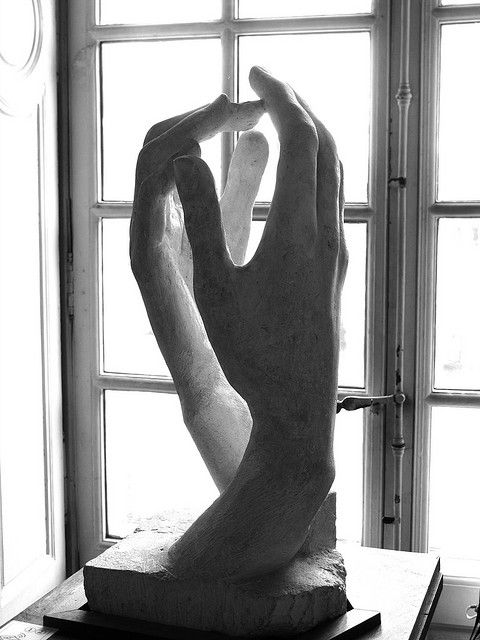Dear Integral Meditators,
The ‘calmness of solidity’ means the calmness that can be discovered through the solidity and physicality of your body. In the article below I outline four ways that you can cultivate it both formally and informally to increase the level of your own dynamic calm, which is to say your own ability to remain calm and centered under real-time pressure from your life!
In the spirit of the calmness of solidity,
 The calm of solidity – Four mindful techniques
The calm of solidity – Four mindful techniques
The ‘calmness of solidity’ means the calmness that can be discovered through the solidity and physicality of your body. It also means the calmness that can be derived from the elements of your physical surroundings and nature. It is one of the four types of dynamic calm that I outline in my previous article Four types of deep calm, four types of dynamic power. In this article I’m simply going to explain four methods that you can use in combination with each other or individually to develop your own dynamic calm, or your ability to remain calm and centered under real-time pressure from your life!
Practices 1&2: Investigating the absence & the presence of calm.
Investigate with curiosity what your body and your breathing feel like when you are not calm. Notice what it feels like to feel ‘not calm’ or unsettled. If you can then practice simply accepting the absence of calm without making ‘a problem out of the problem’ then paradoxically, this gives you access to a certain type of basic calm!
Secondly, remember what it is like to have the presence of calm within your body. Recall times in the past when you have felt the presence of calm in your body, for example when on holiday in a beautiful location, or in the presence of someone you trust. Practice activating the memory of calm, then breathing and living your life from that feeling. Get familiar with it such that, when you are under pressure in daily life, you can deliberately activate your body’s memory of calm. If you do this you can still feel the presence of calm even when your environment may be unsettling.
Practice 3: Using your physical body and senses to calm your mind and emotions.
With this method, you use your sensory attention as your object of focus, giving your mind a simple calm anchor to relax into in the present moment. For example:
- The weight of your body on the chair,
- The quality of the light through the window
- The sound and feeling of the wind, and the call of the birds, as well as the distant traffic sounds
- The physical movement of your breathing
- The colours of the objects around you in the room
You can do this in formal meditation, but also out of meditation during the day as you go about your activities. Stabilize your calm by getting out of your mind and into your senses!
Practice 4: Practicing mountain like calm
This final type of calm uses an imaginative key to use in meditation; Experience your body as being like a mountain, your thoughts and associated feelings as being like clouds and your mind or consciousness itself as being like the sky. A mountain is so solid and centred that it really doesn’t mind if the weather around it is stormy, rainy, windy or chaotic. Imagine your own physical body to be like this; calm, solid and massive. This way, even when your emotions and thoughts go crazy sometimes, there is no need even to stop the craziness. Just focus on being the calmness of the mountain, which is proportionally way stronger and more massive!
So, there you go, four techniques to play around with this week if you choose. You can work with them systematically, or just pick the one that works best for you.
© Toby Ouvry 2018, you are welcome to use or share this article, but please cite Toby as the source and include reference to his website www.tobyouvry.com
Upcoming Courses at Integral Meditation AsiaOngoing on Wednesday’s, 7.30-8.30pm – Wednesday Meditation Classes at Basic Essence with Toby
Ongoing on Tuesday evenings, 7.30-8.30pm – Tuesday Meditation Classes at One Heart with Toby (East coast)
Saturday 7th July, 9.30am-12.30pm – Integral meditation & mindful walking deep dive half day retreat
Sunday 8th July, 9.30am,-1pm – Qi Gong for Improving your Health and Energy Levels and for Self-Healing
Integral Meditation Asia
Online Courses * 1:1 Coaching * Books * Live Workshops * Corporate Mindfulness Training *Life-Coaching * Meditation Technology


 Making mindful use of your to-do list
Making mindful use of your to-do list




